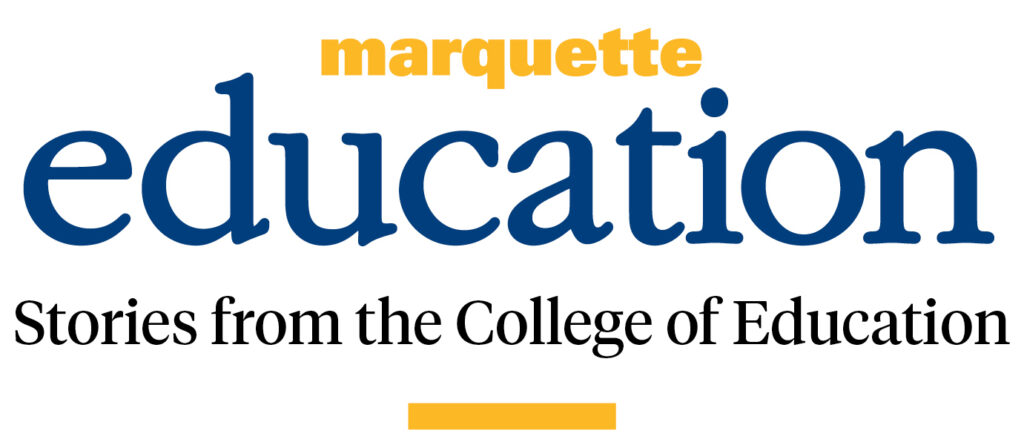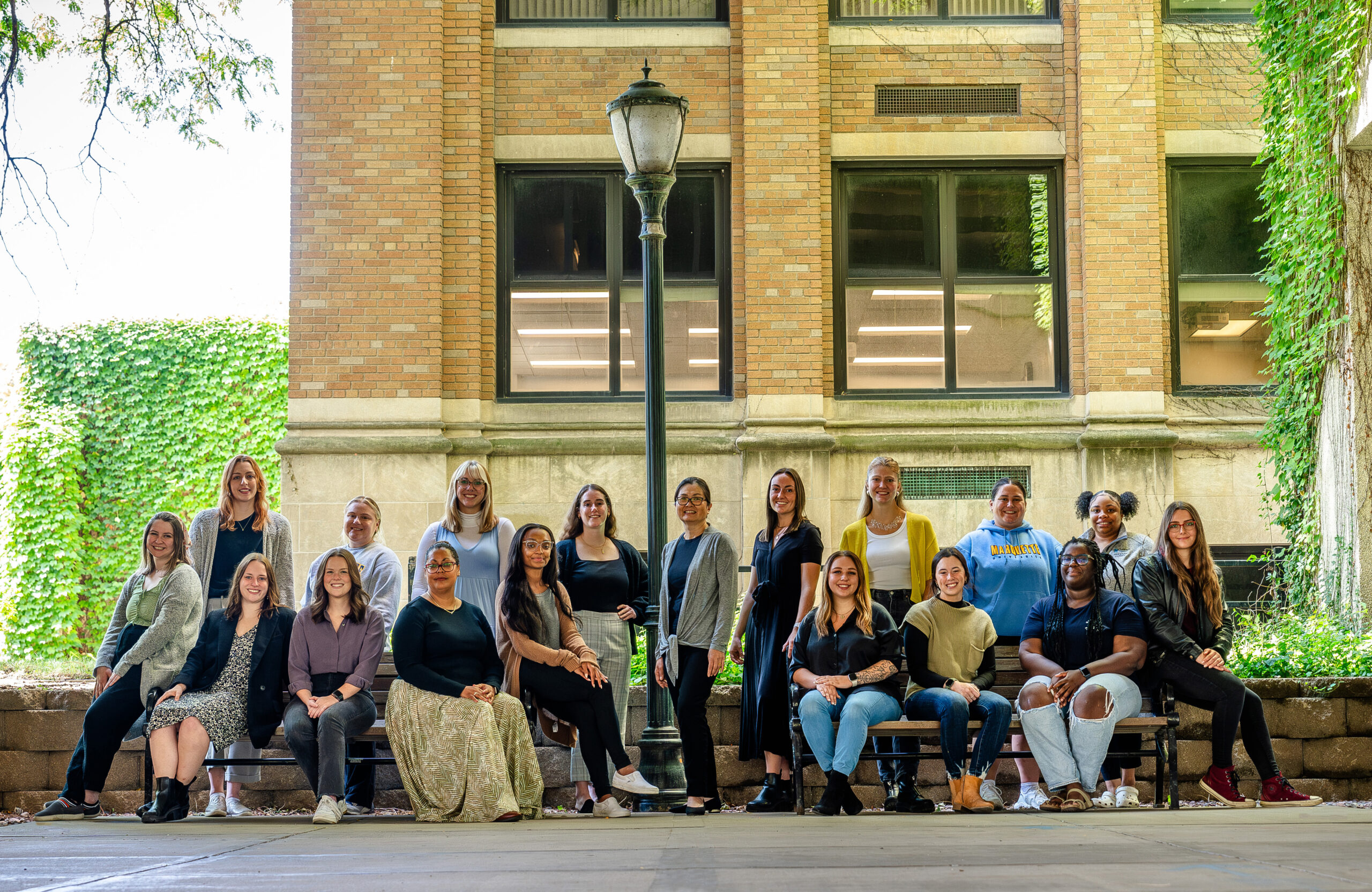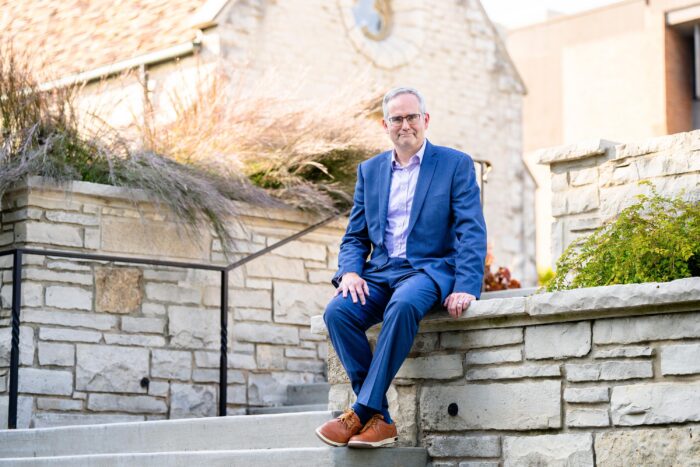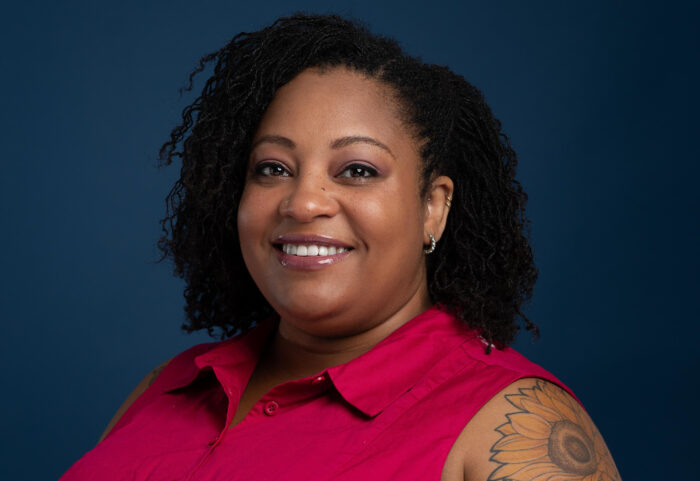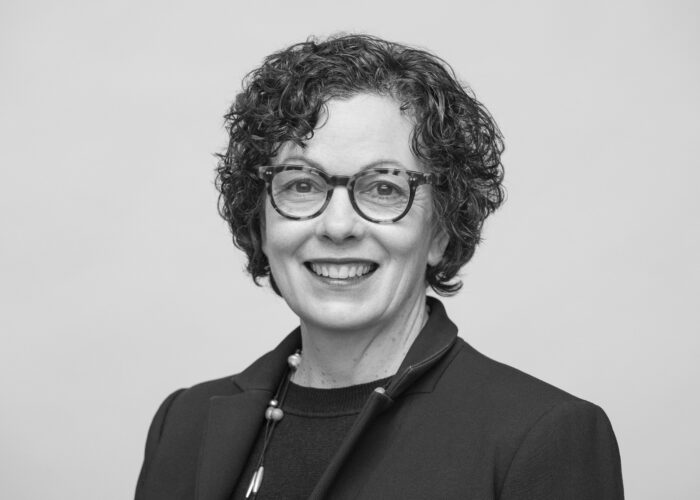The U.S. Department of Health and Human Services estimates the nation will have 10,000 fewer mental health professionals than it needs by 2025.
The shortage will be particularly acute for mental health professionals specializing in child and adolescent counseling – and those practicing in high-need, underserved areas, says Dr. Lee Za Ong, assistant professor of counselor education and counseling psychology.
When Ong and her colleagues witnessed the emerging shortage, they began devising a solution to address it. In 2021, they successfully sought a $980,000 grant from the Health Resources and Services Administration to launch a project that works to increase the number of behavioral health providers who specialize in child and adolescent counseling.
In addition to emphasizing rigorous classroom learning, the HRSA-funded program guides master’s students in finding essential internships that fit their needs and interests. What’s more: These internships come with $10,000 stipends that can make a crucial difference for students who must cut back on other paying work to accommodate their courses and internship hours.
The College of Education is now welcoming its third cohort into the program — after graduating its second earlier this year and first in 2022 — and is on track to bolster the child and adolescent counseling workforce by at least 62 graduates by 2025. After starting with 11 students in year one, the plan is to increase the size of each successive cohort by three students, to 20 by year four.
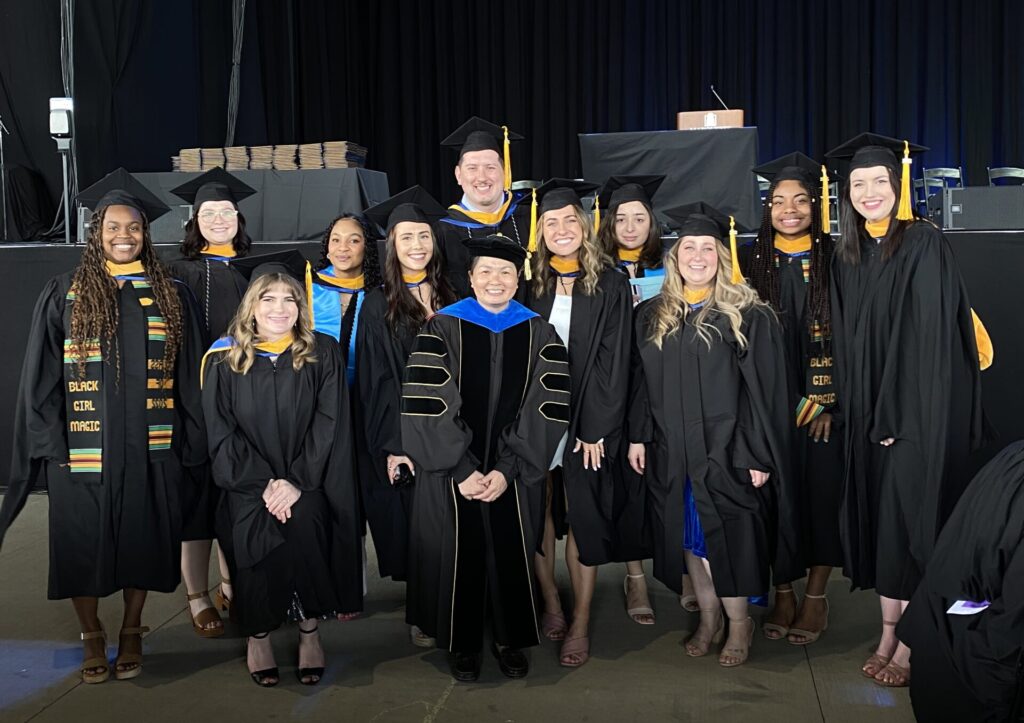
“We have been able to recruit high-potential students to be future mental health counselors who mirror the demographics of underserved communities in the country,” says Ong, the project director. Although many of those communities are in larger cities, “we also recruit students from rural areas – about 30 percent of our scholars are from rural areas,” Ong says.
That includes Nathan Craven, Grad ’22 — an Enoch, Utah, native who earned a bachelor’s degree in psychology from Southern Utah University before enrolling in Marquette’s master’s program in clinical mental health counseling.
Craven went through the internship application process in summer of 2021. “I was working a part-time job, but I wasn’t making enough,” Craven says. “I was using my savings and the stipend came at a perfect time. We just had a baby, and for my wife and I – that really helped calm nerves and helped me focus on education.”
Craven has since returned home – adding to the counselor count in St. George, Utah. He works as a psychometrist at the Institute of Forensic and Neuropsychology. “I am working as a mental health counselor,” Craven says. “The population I serve is children with developmental disabilities. I also do talk therapy with children.”
The need for clinical mental health care resources is reaching crisis stage among children. According to the National Survey of Children’s Health, 13 percent of U.S. children ages 3-17 had diagnosed mental or behavioral health conditions in 2018-19. Yet only 53 percent of those children received treatment or counseling from a mental health professional.
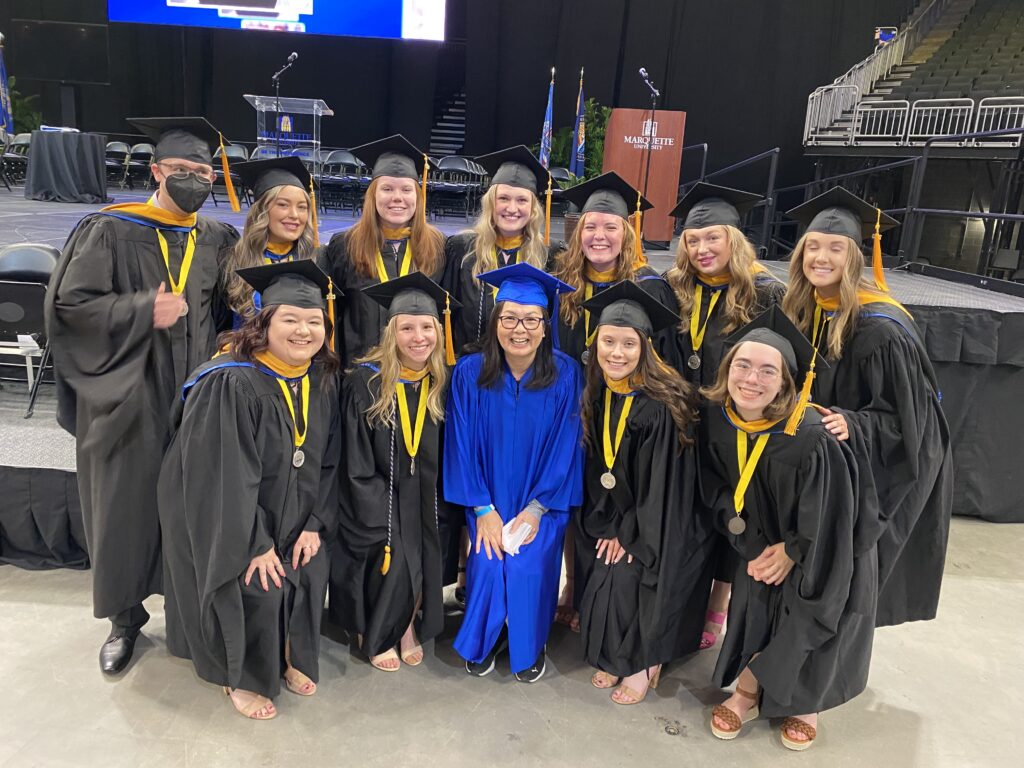
Needs are acute in Wisconsin, which had the 14th highest youth suicide rate among all states in 2018, according to the Wisconsin Department of Public Instruction. The College of Education internships are designed to connect students from underrepresented backgrounds with care opportunities in Milwaukee. Clinical placements are available at primary care settings in high-need and high-demand areas throughout Milwaukee County.
Ellie Ensing, an Illinois native, received her HRSA scholarship in late summer 2022, which helped her complete a master’s in clinical mental health counseling in spring 2023. “Classes definitely picked up in their intensity, and I was able to complete the two exams for graduation and licensure requirements,” Ensing says.
Ensing now works for a large behavioral health network in Milwaukee – in a program for children that involves partial hospitalization and intensive outpatient therapy. “I do group therapy, family therapy and individual therapy,” Ensing says. “It’s a pretty small group – a few therapists, a few behavioral specialists and a supervisor.”
Getting those supervisors into place to lead the recent grads is a challenge. “The biggest supervisor shortage is in nonprofit organizations,” Ong says.
Those trained as child and adolescent counselors through the program will eventually qualify as supervisors, but it will take years. A grad with a master’s degree in hand works under a training license for two years and then three more to be fully qualified. For the first HRSA cohort that graduated in May 2022, it will be 2027 when they are qualified to supervise.
In the meantime, Ong and her peers are pushing to ease the burden. The HRSA grant allows faculty members to reduce their teaching load by one course to serve as a supervisor. “At this point, I have a one-course reduced teaching load as the principal investigator of this project,” Ong says. “I can work with the nonprofit organizations to provide supervision to our interns. However, we have to attend to different requirements and paperwork because I am not their employee. The process can be complicated.”
For Craven, the call to come home and help Utah made for a short decision-making process. “The education I received from Marquette has been pivotal in my ability to practice,” he says. “It tailors well to real-life application. Those skills and the mentorship from Dr. Ong have been very helpful in my educational development.”
